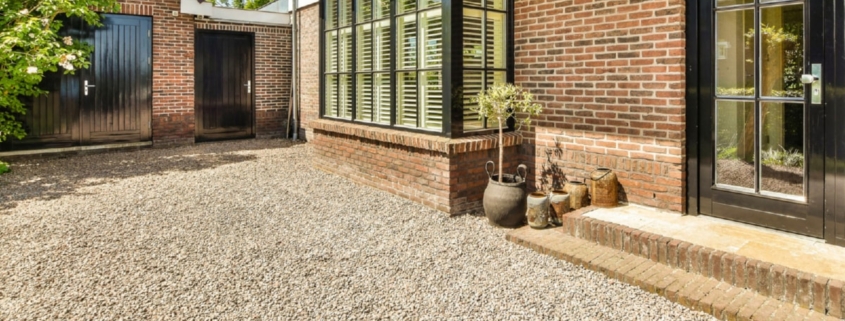Understanding Building Codes and Regulations in Construction 2836
Choosing the right construction equipment is crucial for the successful completion of a construction project. The equipment not only impacts the quality of your work but also influences the speed and efficiency of the project. Here are some tips to guide you when choosing construction equipment.
Primarily, consider the quality of the equipment. High-quality equipment will not only last longer but will also minimize the risk of accidents and breakdowns on site. Additionally, it’s essential to consider the type and scale of the project. Different projects require different types of equipment. For instance, a skyscraper construction project will require a different set of equipment compared to a residential building project.
Furthermore, consider the cost of the equipment. Although quality is paramount, staying within the budget is equally important. It’s advisable to compare prices from different suppliers before making a purchase. Also, consider whether to buy or rent the equipment. Renting might be a more cost-effective option, especially for equipment that will be used infrequently.
Successful construction project management involves careful planning, effective communication, and efficient use of resources. Managing risks effectively is a crucial part of successful project management. This involves identifying potential risks and developing strategies to mitigate them.
Another important aspect is communication. Proper communication helps to keep everyone informed and reduces the chances of misunderstandings.
Technology has become an integral part of the construction industry. From 3D modeling and drone surveying to advanced construction software, technology has significantly improved the construction process. It has enhanced accuracy, increased efficiency, and reduced the time taken to complete projects.
Green construction, also known as sustainable construction, is a method of construction that aims to reduce the environmental impact of building projects. It involves the use of environmentally friendly materials, efficient use of resources, and incorporation of renewable energy sources. Green construction not only benefits the environment but also results in cost savings in the long run.
When planning a construction project, several key factors need to be considered. These include the budget, the timeline, the availability of resources, and the project’s scope. It’s also important to consider any potential risks and develop strategies to mitigate them.
Innovation in the cost-effective construction industry has led to significant improvements in the way construction projects are carried out. From advanced construction equipment to new construction methods, these innovations have enhanced efficiency, improved safety, and reduced construction time. One such innovation is Building Information Modeling (BIM), which allows for better planning and coordination of construction projects.
For more details, check best Gutter Repair And Replacement Services Dublin or visit their Gutter Services business listing here.



